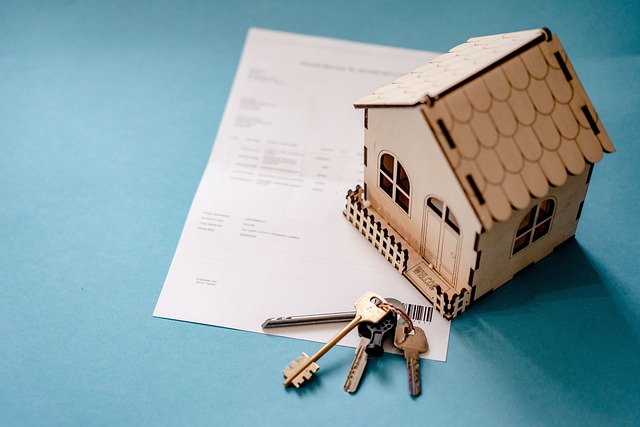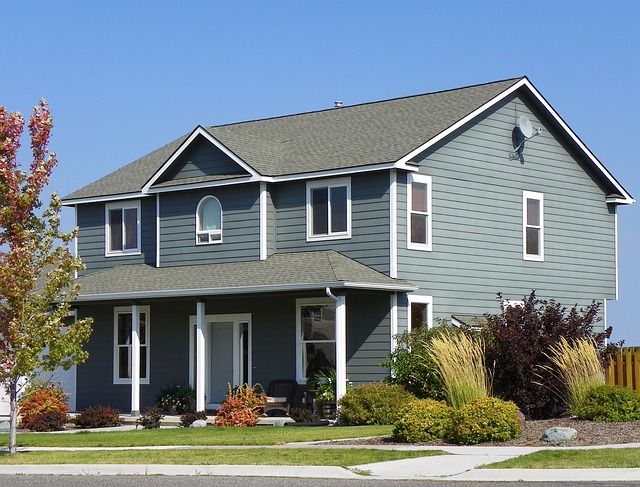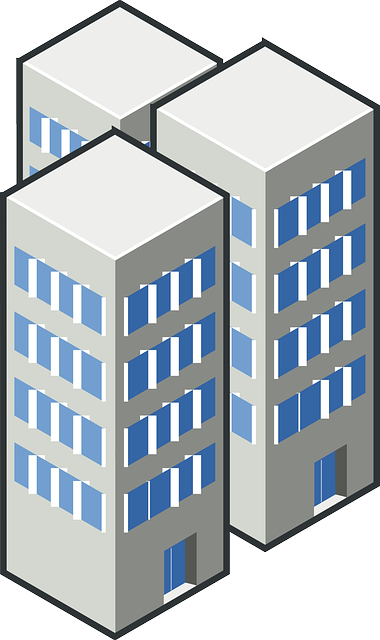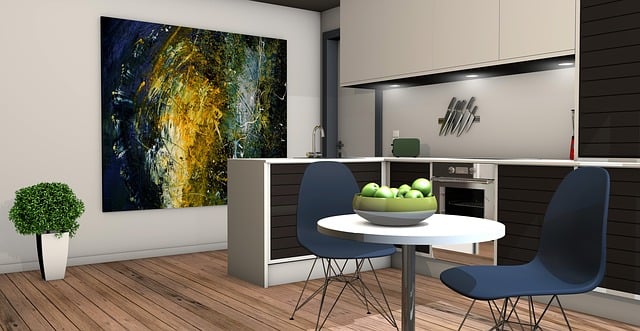Singapore's real estate market is witnessing a surge in demand for Executive Condominiums (ECs), driven by affordable pricing, government incentives, and modern amenities. The construction industry embraces BIM and modular techniques to enhance efficiency and quality. Regulatory updates impact EC timelines and costs, while design innovations focus on smart homes, open concepts, wellness features, and sustainable materials. These trends position ECs as desirable luxury living options with ecological responsibility, reflecting Singapore's commitment to both progress and sustainability. (Keywords: Executive Condominium Singapore)
“The executive condominium (EC) market in Singapore is experiencing a boom, driven by market trends that shape the way developers construct these premium homes. From embracing cutting-edge construction technologies to navigating regulatory updates, this article delves into the latest developments transforming EC projects across the island. We explore design innovations that redefine luxury living, while also shedding light on sustainability practices gaining traction in modern Executive Condominium Singapore constructions.”
- Market Trends Shaping Executive Condo Development in Singapore
- Latest Construction Technologies and Their Impact on Projects
- Regulatory Updates and Their Effect on Timelines and Costs
- Design Innovations Enhancing Luxury Living Experiences
- Sustainability Practices and Their Role in Modern Executive Condo Construction
Market Trends Shaping Executive Condo Development in Singapore

The Singapore real estate market is witnessing a significant shift towards executive condominiums (ECs) as a result of evolving trends and changing buyer preferences. With a focus on providing quality housing at affordable prices, ECs have become a popular choice among young professionals and families seeking to enter the property market. The government’s policies promoting home ownership and various incentives for first-time buyers further fuel this trend, ensuring that executive condominiums remain in high demand.
Market analysts attribute this surge to several factors. Singapore’s compact cityscape means limited land availability, driving up the appeal of vertical developments like ECs. Additionally, these modern condominium projects offer a range of amenities and facilities tailored to contemporary living, such as smart home technologies, recreational spaces, and excellent connectivity to transportation hubs. As a result, executive condominiums are not just about affordable housing but also represent a lifestyle choice for many Singaporeans.
Latest Construction Technologies and Their Impact on Projects

The construction industry in Singapore, particularly for executive condominiums (ECs), has seen a significant evolution with the adoption of cutting-edge technologies. These innovations are transforming the way EC projects are designed, built, and delivered, setting new standards in the market. One notable technology is Building Information Modeling (BIM), which enables 3D modeling and data integration throughout the project lifecycle. BIM enhances collaboration among architects, engineers, and contractors, leading to improved efficiency and reduced errors.
Additionally, advanced construction methods like modular construction are gaining traction in Singapore’s EC sector. This off-site process involves building units in a factory setting, ensuring higher precision and speed. Once completed, these modules are transported and assembled on-site, minimizing disruptions to surrounding areas. These technologies not only streamline construction but also contribute to the overall quality and aesthetics of Executive Condominiums in Singapore, making them more desirable living spaces for prospective buyers.
Regulatory Updates and Their Effect on Timelines and Costs

In the dynamic landscape of executive condominium construction in Singapore, regulatory updates play a pivotal role in shaping project timelines and costs. Changes in government policies and building regulations can significantly impact developers’ strategies and residents’ expectations. For instance, new guidelines on sustainable construction practices might require stricter adherence to environmental standards, potentially adding phases for eco-friendly materials sourcing and implementation. These adjustments can delay completion dates but also contribute to more resilient and ecologically sound buildings.
Moreover, updates to zoning laws or development charges could influence the financial aspect of projects. Increased charges or alterations in land allocation policies might lead to higher initial investments for developers, which could be passed on to potential buyers. On the other hand, revised regulations aimed at enhancing safety or amenities could enhance the overall value and appeal of executive condominiums, balancing out the cost adjustments over time. Staying abreast of these regulatory shifts is crucial for both industry stakeholders and prospective residents alike in the vibrant Singapore property market.
Design Innovations Enhancing Luxury Living Experiences

In the realm of executive condominium construction in Singapore, design innovations are revolutionizing luxury living experiences. Modern architects and developers are embracing cutting-edge technologies and sustainable materials to create spaces that seamlessly blend functionality with aesthetics. From smart home integrations that enable efficient control of lighting, temperature, and security to open-concept layouts that maximize natural light and promote social interactions, these developments set new standards for comfort and convenience.
The executive condominium Singapore market is witnessing a shift towards designs that prioritize wellness and connectivity. Incorporating features like indoor gardens, wellness centers, and seamless integration of outdoor spaces enhances residents’ quality of life. Additionally, the use of high-quality finishes, premium appliances, and state-of-the-art amenities contributes to an elevated living experience, catering to the discerning tastes of affluent residents.
Sustainability Practices and Their Role in Modern Executive Condo Construction

In the realm of modern executive condominium construction in Singapore, sustainability practices have emerged as a cornerstone, reshaping the landscape of high-end residential development. These practices extend beyond mere environmental considerations; they are integral to creating livable, luxurious spaces that cater to the discerning tastes of buyers in this dynamic market. By integrating eco-friendly materials and energy-efficient technologies, developers are not only reducing their carbon footprint but also enhancing the overall value and appeal of these executive condos.
The focus on sustainability involves a multi-faceted approach. This includes utilizing renewable resources for construction, implementing efficient waste management systems, and incorporating smart home technology to optimize energy consumption. These strategies contribute to creating environmentally conscious communities that offer residents a healthier, more comfortable living environment. As Singapore continues to prioritize sustainable development, executive condominium projects are at the forefront of these innovative practices, setting new standards for luxury and ecological responsibility.
The evolving landscape of executive condominium (EC) construction in Singapore is a testament to the dynamic nature of the real estate market. Market trends, technological advancements, regulatory changes, and design innovations are reshaping how these luxurious homes are built and experienced. By embracing sustainable practices, developers are not only contributing to a greener environment but also enhancing the overall living experience for residents. Staying abreast of these updates is crucial for those in the industry or aspiring EC owners alike, as it ensures that the future of executive condominium construction remains efficient, timely, and aligned with modern lifestyle demands.
